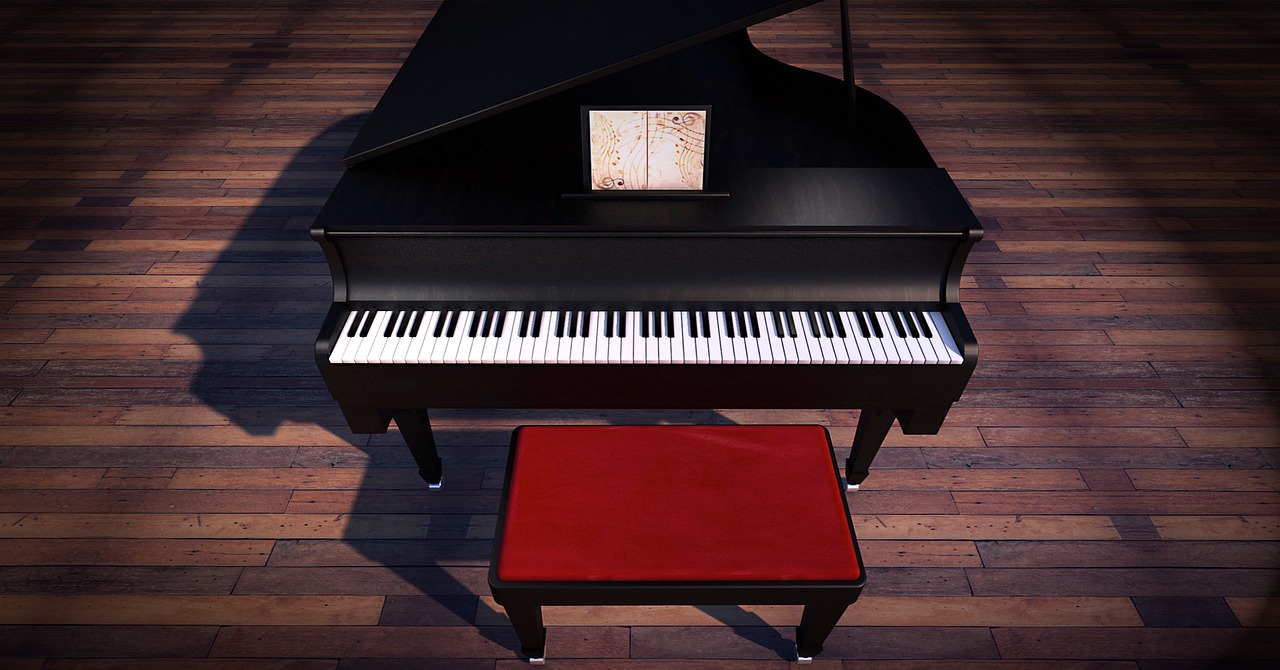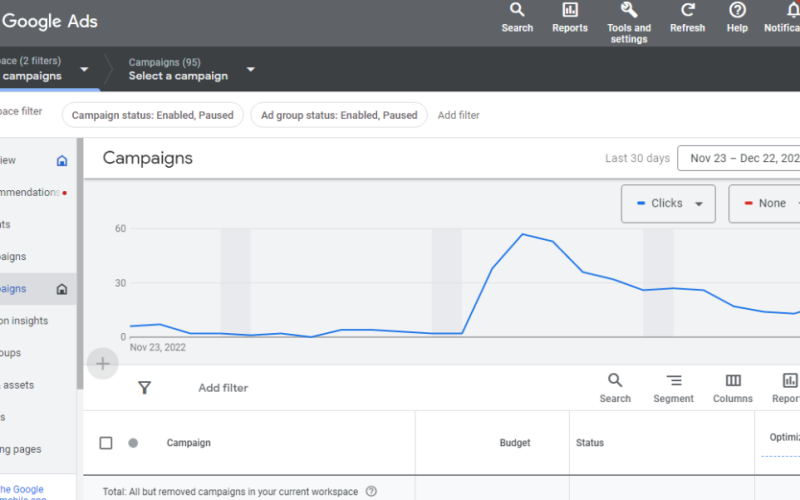Learning to play the piano can be a rewarding and enjoyable experience, but it does require a significant amount of time and effort. The length of time it takes to learn to play the piano will vary depending on a number of factors, including your natural aptitude for music, your previous musical experience, the amount of time you are able to dedicate to practice, and the method of instruction you are using. Some people may be able to pick up the basics of piano playing relatively quickly, while others may take longer to develop their skills. In general, it is important to approach learning the piano with patience and a long-term perspective, as it can take several months or even years to become proficient at the instrument. (Also Read: How Long Does it Take to Learn to Sew?)
What is a piano?
The piano consists of a series of strings that are struck by hammers when the keys are pressed. It also has pedals that are used to sustain or alter the sound of the notes being played. The piano has been a popular instrument for centuries, and many famous composers, such as Ludwig van Beethoven and Wolfgang Amadeus Mozart, wrote music specifically for the piano.
What is involved in learning to play the piano?
Familiarizing yourself with the keyboard: This involves learning the names and locations of the keys on the keyboard, as well as the relationship between the different keys and the corresponding musical notes.
Developing basic techniques: This includes learning how to sit at the piano correctly, how to use the pedals, and how to produce different types of sounds and dynamics.
Reading sheet music: To be able to play a wide range of music on the piano, you will need to learn how to read sheet music, which is a written representation of musical notes and rhythms.
Developing your sense of rhythm: Rhythm is an important element of music, and learning to play the piano involves developing a sense of timing and rhythm.
Practicing regularly: Like any skill, learning to play the piano requires practice and repetition. It is important to set aside regular time to practice and work on specific skills and pieces of music.
Seeking guidance from a teacher: Many people find it helpful to work with a piano teacher or instructor, who can provide guidance and feedback on your progress and help you overcome any challenges you may encounter along the way.
How long does it take to learn to play piano?
Some people may be able to pick up the basics of piano playing more quickly than others, but it generally takes time and consistent practice to become proficient at playing the piano.
If you are taking lessons with a teacher, they will be able to provide you with a more specific timeline based on your individual progress and goals. In general, it is important to set aside time for regular practice and to be patient with yourself as you learn and improve.
What are the different steps that need to be taken in order to learn how to play the piano?
Find a piano or keyboard: In order to practice and learn to play the piano, you will need access to an instrument. If you don’t have a piano or keyboard at home, you may be able to find one to practice on at a local music school or community center.
Learn the basics of music theory: Before you start playing, it can be helpful to familiarize yourself with the basics of music theory, such as the names of the notes and the different musical symbols that are used in sheet music.
Find a teacher or resource to guide your learning: It can be helpful to have a teacher or instructional resource to guide your learning and provide feedback on your progress. This can be in the form of in-person or online lessons, or through a book or video course.
Start with simple melodies: Once you are familiar with the basics of music theory and have a teacher or other resource to guide you, you can start learning simple melodies and basic piano techniques.
Practice regularly: In order to improve your skills and become proficient at playing the piano, it is important to set aside time for regular practice. This could be a few minutes a day or a longer session a few times a week, depending on your schedule and goals.
Gradually increase the difficulty of the music you are learning. As you become more comfortable with the basics of piano playing, you can start to learn more complex melodies and techniques. It is important to be patient with yourself and to take the time to master each new skill before moving on to the next level.
What are some tips that can help make the learning process easier?
Set clear goals. It can be helpful to have specific goals in mind as you learn to play the piano. This could be a specific piece of music that you want to be able to play or a particular skill that you want to master. Having clear goals will help you stay motivated and focused as you practice.
Find a practice routine that works for you. Everyone learns at a different pace, so it is important to find a practice routine that works for you. Some people may prefer to practice for longer periods of time a few times a week, while others may prefer shorter daily practice sessions. Experiment with different routines to see what works best for you.
Don’t be afraid to make mistakes. Learning to play the piano is a process, and it is normal to make mistakes along the way. Don’t be discouraged by mistakes, but instead use them as an opportunity to learn and improve.
Stay motivated: Practicing the piano can be challenging at times, so it is important to stay motivated and find ways to stay engaged with the learning process. This could include listening to music, watching videos or performances by other musicians, or finding fun ways to practice, such as playing along with a song you enjoy.
Take breaks. It is important to take breaks and give yourself time to rest during practice sessions. Taking breaks can help prevent burnout and allow you to come back to your practice feeling refreshed and ready to learn.
In general, learning to play the piano can take anywhere from a few months to several years, depending on a variety of factors such as your natural aptitude for music, how much time you can devote to practice, and how consistently you stick to a practice routine. It is important to set clear goals, find a practice routine that works for you, and stay motivated as you learn and improve. While it may take time and effort to become proficient at playing the piano, the rewards of making music and developing a new skill can be well worth the effort. (Also Read: How I Learned to Mind my Own Business)












